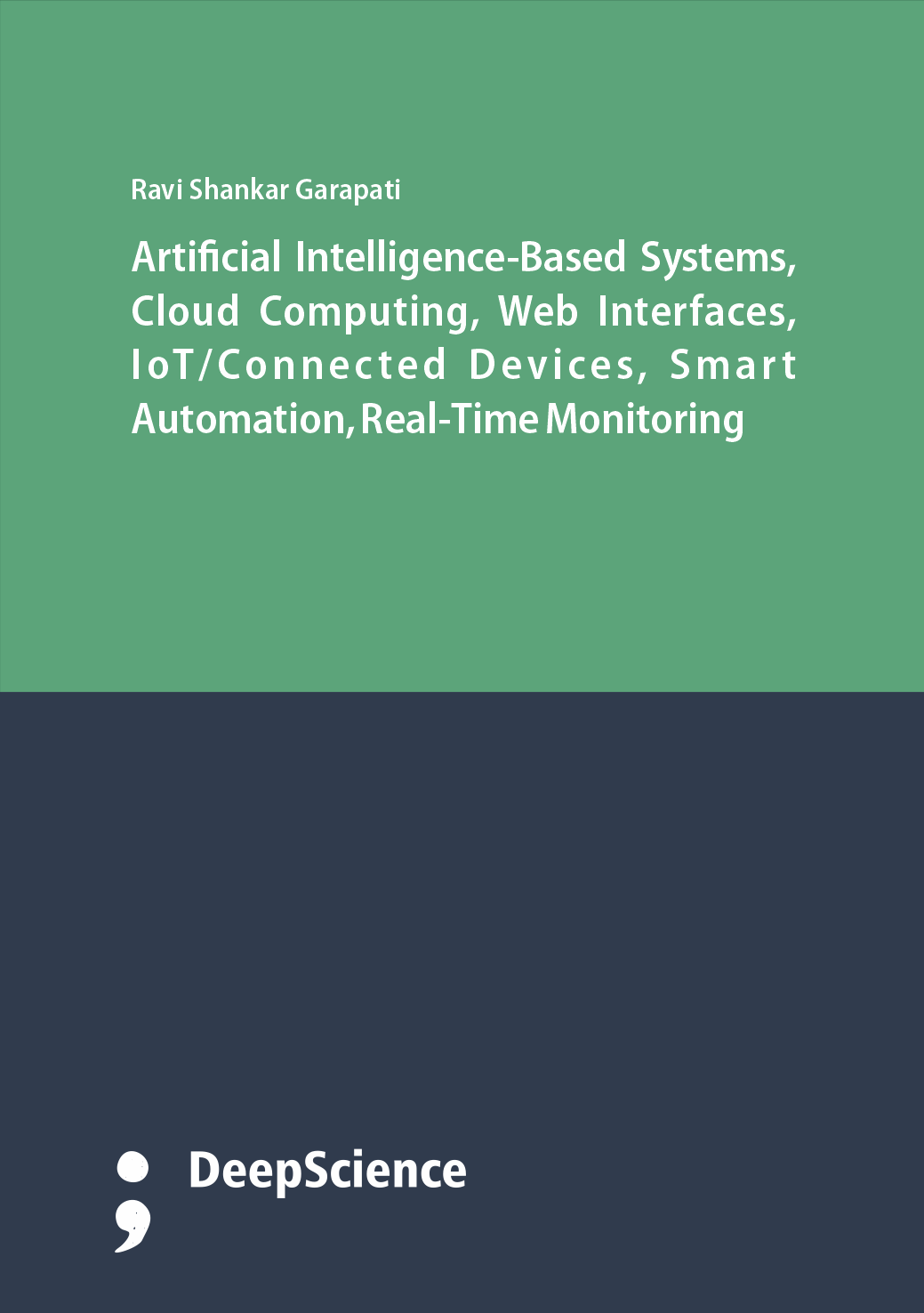Edge Intelligence and Fog Computing for Decentralized Smart Environments
Synopsis
Smart environments are ecosystems that use sensors and actuators to perform environmental actuations. Although these systems have been widely deployed in many domains, several difficulties remain, such as complexity, heterogeneity, rapid mobility, and connectedness of devices with a large amount of data. A new technology that integrates Edge Intelligence (EI) and Fog Computing (FC) is advocated for solving these problems. EI brings the intelligence capacity generated by deep learning models to the edge of the network. On the other hand, the FC paradigm provides computing resources, storage, and services closer not only to the edge devices but to the user or application sources.
The advances of EI and FC, and their combination for synthesizing new smart environments, have been successful. Integrating a deep learning model into a Fog Computing infrastructure can be understood as a contribution of the fusion for solving specific problems. These technologies have been advancing fast, and the challenges and new opportunities emerging demand a detailed, structured analysis of these challenges and solutions. EI–FC-DevOps presents a Developer Operations methodology for handling the intelligent model life cycle and the infrastructure supporting the smart environments. Different implementation options are presented for these methodologies. The integration of both methodologies and their implementation is developing and is illustrated by the domain of Smart Agriculture. The creation and evaluation of mechanisms for generic EF-service management systems that provide services for any smart domain are still under development.













